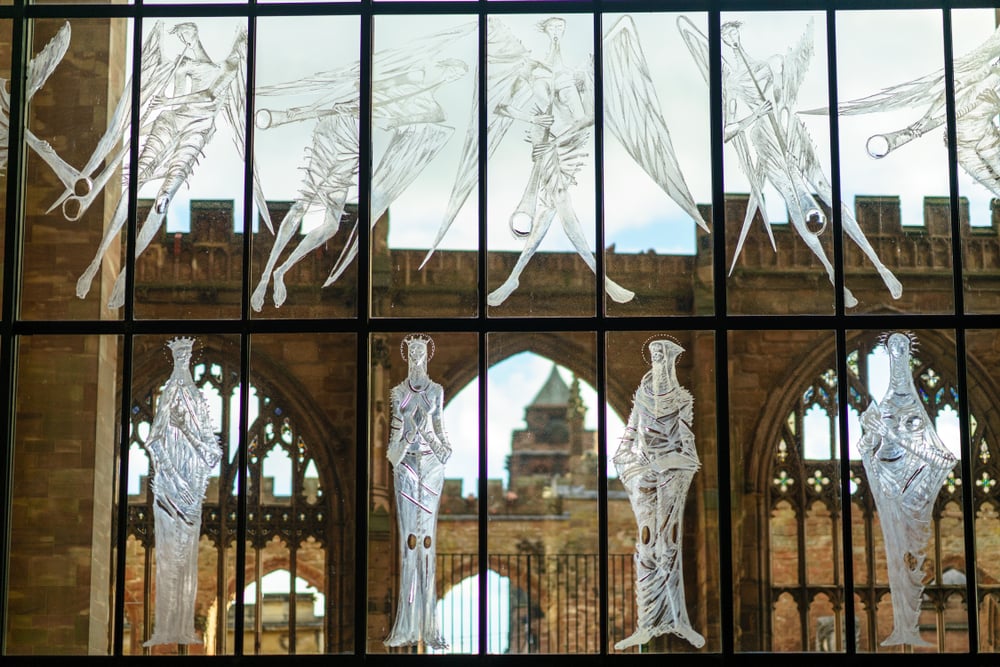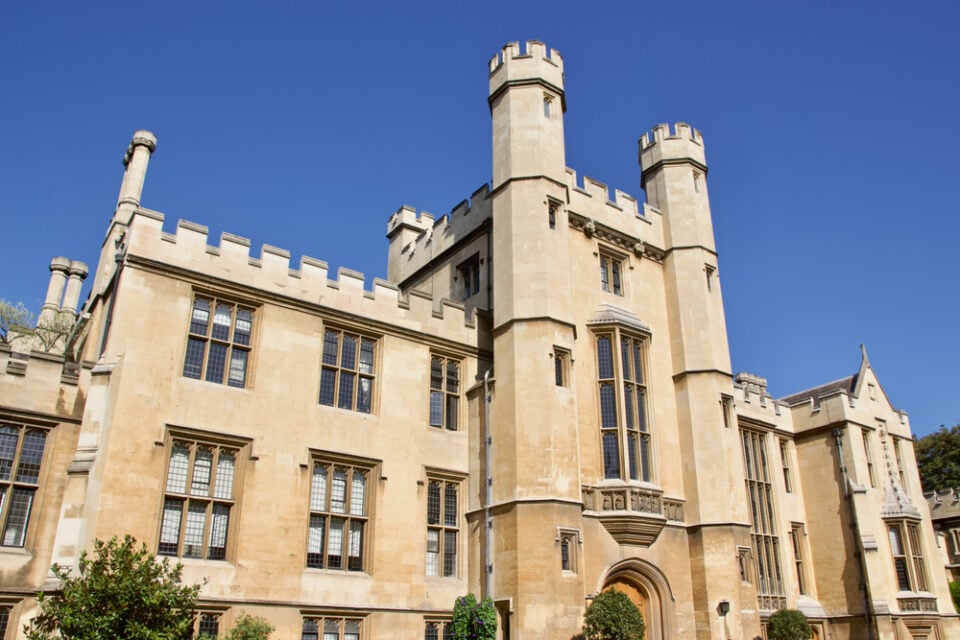By John Littleton
In the second part of his reflections on lay leadership, John Littleton considers everyday discipleship ministry. You can read the first part here.
Diocesan Council (DC), The Anglican Diocese of Adelaide, is encouraging the formation of Lay Leader Forums through DC Connect Working Party. An Inaugural Lay Leaders’ Forum was held 31/5/2025. Through this second opinion piece I speak into the context of this very positive Forum development and extend the conversation to include ALL disciples, not only Parish Leaders. The ministry of Parish leaders was discussed in the ‘Lay Issue’ Part One opinion piece published online recently in the Guardian, June 2025.
Who are the Ministers of the Church?
In the Catechism, an outline of the Faith, as published in Anglican Prayer Books USA (1979) and NZ (1989), the question is asked: ‘Who are the ministers of the Church?’
The answers:
‘The ministers of the Church are the lay persons, bishops, priests and deacons.’ (USA)
‘They are the lay persons, deacons, priests, bishops; all the baptised’. (NZ)
In A Prayer Book for Australia 1995, those being ordained priest are asked the question ‘Will you encourage and enable those committed to your care to fulfil their ministry and mission in the world?’
As mentioned in my book Learners-Disciples-Together (2023) all disciples have a ministry: everyday disciples, parish leader disciples, deacon disciples, priest disciples, and bishop disciples; all the baptised.
Everyday discipleship ministry
Everyday disciples represent Christ in the world. All disciples relate to everyday life through family, work, civic involvement and action on issues facing society, humanity and planet earth; bearing witness to Christ and representing the Church wherever they may be.
In a parish community you may find a great variety of people of all ages, stages and backgrounds: teacher, mechanic, nurse, builder, mayor, receptionist, plumber, doctor, volunteer, journalist, banker, CEO, IT specialist, priest, labourer, musician, carer, public servant, engineer, lawyer, children, baker, policeman, gardener, TV presenter, retired, the elderly, farmer, politician, accountant, ranger, unemployed, artist, manager, cleaner, dentist, lecturer, author, students, people living with a disability, scientist, mail courier, publican, apprentice, chemist, and those employed in real estate, recreation, customer service, overseas development, supermarket, welfare, hospitality, legal aid, defence, business, factory, transport, not-for-profit, renewables and so on…
Recognition of the societal activities of parishioners in a parish time, talent and income stewardship programme is very uplifting; refugee support, helping displaced persons in Australia and in various parts of the world, are some examples. Add to that list, climate change advocacy, Rotary, Anglicare, and other local community activities, and one is amazed at the amount of community service everyday disciples contribute to society.
The everyday discipleship of church members in the family, the workplace and in the community may be mentioned regularly in the Sunday public prayers, addressed through sermons, and parishioner’s talks about their Christian faith. Occasions for theological reflection about ethical issues in life stretch the minds and move the hearts of disciples through prayer and respectful conversation.
Core Faith, Skills, Ethics and Faith Sharing
Core faith, skills, ethics and faith sharing are four essential educational components for everyday disciples.
1.
Core faith is described as the knowledge, understanding and practice of the Christian faith
in Jesus Christ. Disciples as members of a worshipping community seek be biblically literate, theologically reflective, ethically intelligent and practising Christians. In the baptism commitment we turn to Christ, repent, reject evil, and promise to keep the two commandments to love God and our neighbour as ourselves ((Mk.12. 28-34; Mt. 22. 34-40; Lk. 10. 25-37).
In life, the Eight Beatitudes Mt. 5.3-10 become ‘A values charter for the Christian community and everyone’, as Kevin Treston explained in Choices for Life: Beatitudes for daily living. (2024)
‘Blessed are the poor in spirit: for the kingdom of heaven is theirs.
Blessed are the gentle: for they shall inherit the earth.
Blessed are those who mourn: for they shall be comforted.
Blessed are those who hunger and thirst for righteousness: for they shall be filled.
Blessed are the merciful: for they shall receive mercy.
Blessed are the pure in heart: for they shall see God.
Blessed are the peacemakers: for they shall be called the children of God.
Blessed are those who are persecuted in the cause of righteousness: for the kingdom of heaven is theirs.’
In the Beatitudes we have a Charter for Matthew’s first century Christian community when disciples were living during a time of transition: eight qualities which Jesus lived and taught; eight qualities which are signs of God’s presence; eight qualities for us to live today and be aware of God’s presence in the here and now of human life.
2.
Skills in the life contexts of disciples apply to ministry in the same way in which people continually develop their work-a-day job expertise and skills to be effective. In God’s Frozen People (1964) Gibbs and Morton recommended five ways that a person could exercise discipleship at work: serve your neighbours, the people you work with; serve your customer; serve the organization you work with; serve the community where you work and where you live; serve your calling – be the best teacher, mechanic, nurse, builder, receptionist, plumber, volunteer, labourer, banker, parent…
Respectful conversations about recognising where the Gospel values are being expressed in society are helpful. In Everyday Witness (2022) Stephen Hance mentioned Mark Greene’s six ways of witnessing to and actuating the message of Jesus: ‘modelling godly character; making good work; ministering grace and love; moulding culture; being a mouthpiece for truth and justice; being a messenger of the gospel’.
3.
Respectful conversations about ethics and ethical choices support and guide disciples in
daily decision-making. Discipleship involves being informed about moral issues in society.
How might the Beatitudes guide ethical responses? For example, the Beatitudes could influence decision-making and behaviour when situations of human injustice are discovered.
4.
Faith Sharing
In Hope: The Autobiography (2025), the late Pope Francis gave an account of an occasion when he responded to a question from a young university student. The student asked, ‘I have many university friends who are agnostic or atheist. What must I say to make them become Christians?’ Pope Francis replied, ‘Nothing. The last thing you must do is speak. First you must do, and then someone will see how you live, how you conduct your life, and will ask: Why are you doing it? At that point you can speak.
With my eyes. With my ears. With my hands. Only after with speech. In testimony of a life, speech comes after, it is a consequence.’
The reminder that we each have two ears and only one mouth is timely when there may be too much talking and not enough listening! Discuss.
Summary
All disciples are learners and ministers (to minister is to serve). Everyday disciples have a ministry in their own right within and beyond the People of God faith community, uniquely participating in the mission of God, serving Christ in daily life. They are nurtured, equipped, nourished and sustained in their particular ministries through parish learning communities, where they grow in their Christian faith, develop ministry skills, discuss ethical issues and discern their own best way forward in the practice of faith sharing. Thus, everyday discipleship ministry flourishes in the name of Christ.
Prayer from Coventry Cathedral, UK. Prayer Panels in the Ruins of the Cathedral.
Hallowed be Thy Name
In Industry: God be in my hands and in my making.
In the Arts: God be in my senses and in my creating.
In the Home: God be in my heart and in my loving.
In Commerce: God be at my desk and in my trading.
In Suffering: God be in my pain and in my enduring.
In Government: God be in my plans and in my deciding.
In Education: God be in my mind and in my growing.
In Recreation: God be in my limbs and in my leisure.
Holy, Holy, Holy Lord God of Hosts
Heaven and earth are full of thy glory
John Littleton BA, BEd (Melbourne), Dip RK (Cambridge), DMin (Adelaide College of Divinity) is a retired Anglican priest in The Diocese of Adelaide. He was Rector of St. Saviour’s Anglican Church, Glen Osmond, Adelaide 1992-2006. His website is www.tjhlittleton.com






